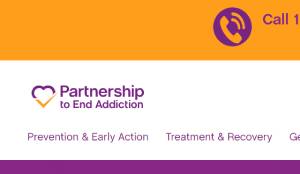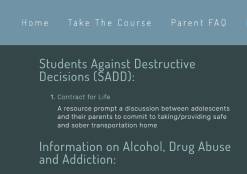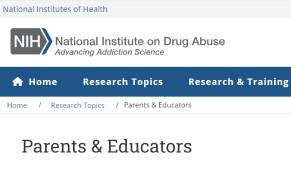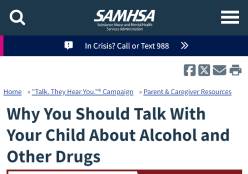Many social gatherings may involve alcohol or other substances. You may also find yourself in an environment where recreational drugs are being used. Just like with anything else you’re consuming, it’s important to know the effect of what you’re taking on your body and your bleeding disorder.
This section of Drugs and Alcohol covers:
The Risks of Drug and Alcohol Use for People with a Bleeding Disorder
The Risks of Drug and Alcohol Use for People with a Bleeding Disorder
Different drugs have different effects on the body. Many can cause substantial health problems, injuries, and accidents, and can lead to dependency and addiction, even at a young age. Having a blood or bleeding disorder adds additional risks.
Alcohol and many drugs can decrease your judgment, coordination, and reaction time. This can lead to injuries through risky behaviors or loss of balance. While some resultant bleeding episodes may only be minor others, such as a brain bleed, can quickly become very dangerous.
Alcohol and some drugs act as a diuretic, which means that these cause the body to lose water. This can lead to dehydration. It is much more difficult to find and access a vein if the body is dehydrated. This can prevent you from infusing much needed bleeding disorder medications.
Alcohol and some other drugs can limit blood clotting. Your bleeding disorder already causes their blood to not clot properly. This can be intensified through the use of certain drugs and alcohol, which can lead to major, dangerous, and often difficult to control bleeding episodes.
Drugs and alcohol can interact with other medications. These may include your bleeding disorder mediation or other prescription drugs you are taking. The interaction may cause the medication to no longer function properly or have negative effects on your body.
Long term drug and especially alcohol use can be harmful to your liver. The chances of damaging your liver with excessive consumption increases substantially if you have certain viruses, such as hepatitis C or HIV. It also increases if you are taking certain medications, such as antiretroviral therapy.
Taking Responsibility
You may encounter alcohol and other substances at many social gatherings or throughout your daily life. If you have done your research and chose to use these, it will be important to do so responsibly. Here are some important aspects to consider:
Skip an alcoholic drink and drink some water between alcohol drinks. You can also drink slowly and eat while you drink. Choose nonalcoholic options if you feel you need to have a drink in your hand.
You get to decide what is right for you. If you don't want to drink, smoke, or take other substances, you have the right to refuse. However, some of your peers may try to convince you. Practicing what you'll say if someone asks you to participate can be helpful. Also, making a list for yourself of reasons why you do not want to smoke, drink, or do drugs can be helpful if you are ever feeling pressured to do something you are not comfortable with.
Make sure you or your friends don't drive while under the influence of drugs or alcohol. Designate a driver, who will not use drugs or alcohol and get everyone home safely. The dangers of driving under the influence are many, including injury and loss of life, as well as serious legal, professional, and personal consequences.
Prescription, over the counter (OTC), and illegal drugs can interact, often creating a dangerous combination. Adding alcohol to the mix further increases the risk of negative effects on your body, including death. Ask your health care provider or pharmacist for information on drug interactions.
Whether or not you can use certain substances in your state depends on the established laws and regulations. Marijuana for example can be used recreationally in some states but may require a medical prescription in other states or may not be allowed at all. To prevent any legal consequences, it is important that you understand the laws in your location.
Alcohol and drug use, including many prescription medications, can lead to SUD and addiction, which will impact your physical and mental health. These can further affect social, emotional, and economical aspects of your life. While prevention is key, it is important to monitor and act upon any signs and symptoms of SUD and addition. There are many resources and help available to you. One starting point is your Hemophilia Treatment Center (HTC).
Resources
Below are resources on drugs and alcohol for adults.




